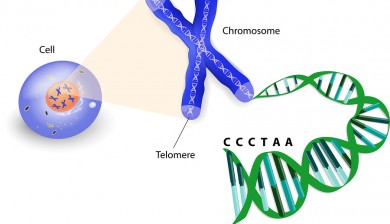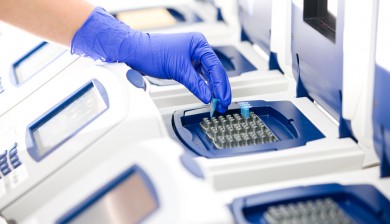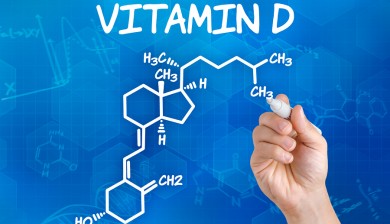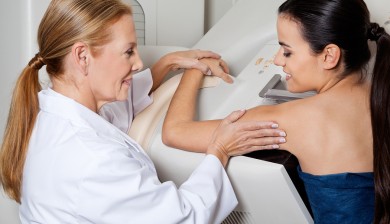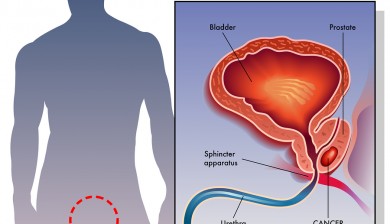Closure of my websites askdrray.com and nethealthbook.com
These websites will be taken down on April 30, 2025 and no further updates will be provided.
I hope you enjoyed the content of these websites. You can continue to read Dr. Schilling’s blogs which I publish daily on Quora
My home page there is: https://www.quora.com/profile/Ray-Schilling
Click on this: Under my image there is a heading “Profile”. Right underneath this you find a search box entitled “search content”. Type in any term you are interested in. You will get several answers I have written (I have written more than 15,000 answers).
On Quora you can also write comments that I will answer.
Thank you for your trust in the past. Ray Schilling, MD



